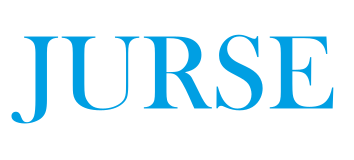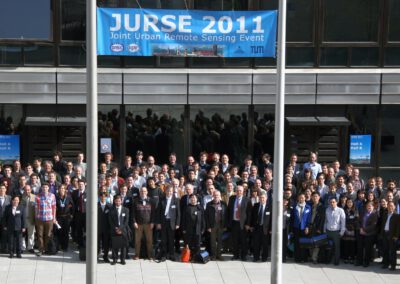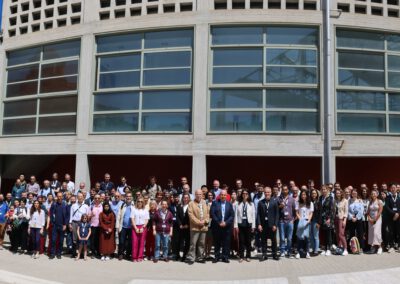JURSE
Joint Urban Remote Sensing Event
“The biennial international Joint Urban Remote Sensing Event (JURSE) is a forum of excellence where researchers, practitioners and students present, share and discuss their latest findings and results on urban areas. Both, methodical as well as thematic aspects will be discussed. The aim of the conference is to promote new topics, from new sensors to new applications.”
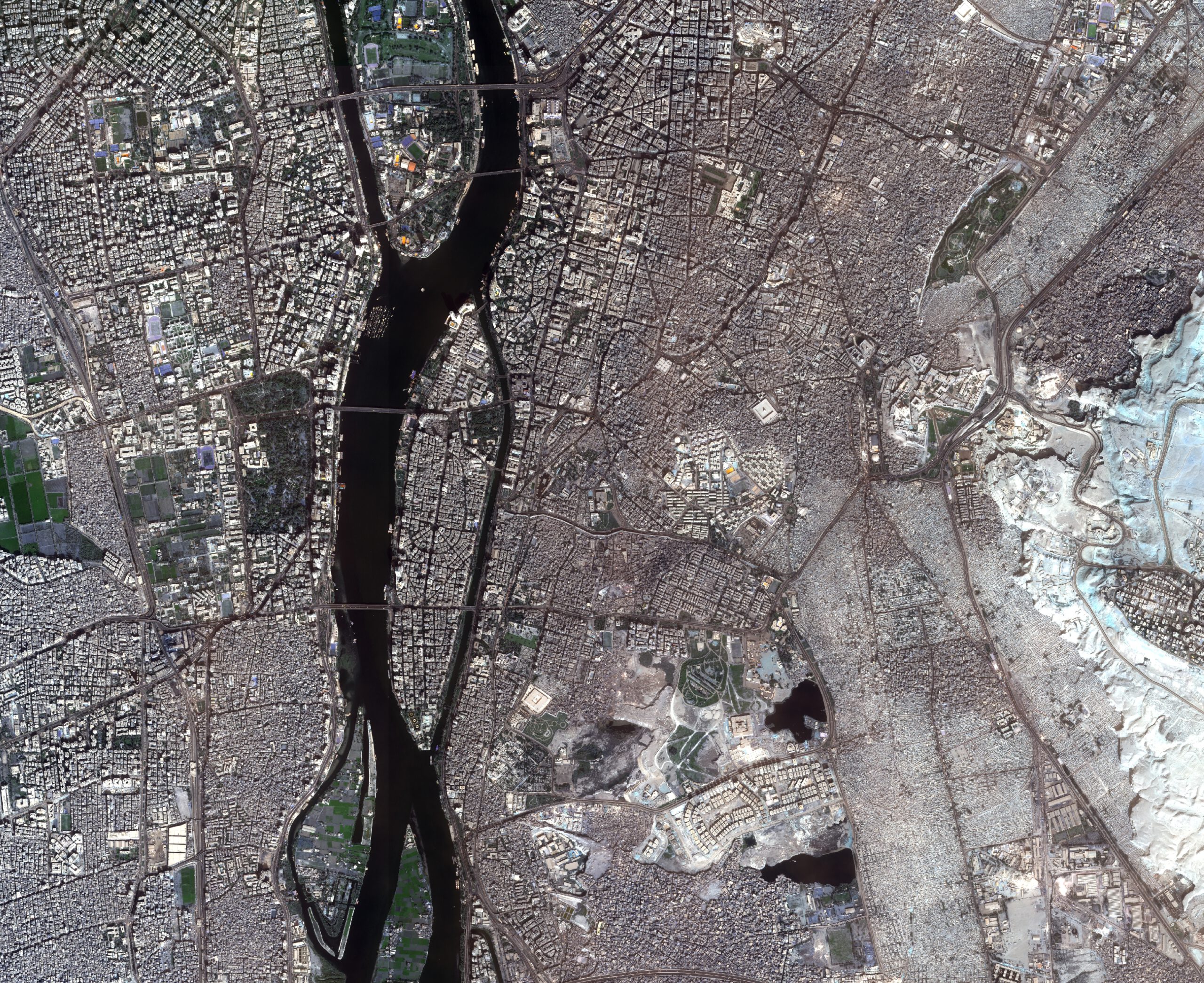
Next JURSE
After a very successful JURSE 2025 in the City of Tunis, Tunisia, we announce the venue for the next JURSE:
The next 18th Joint Urban Remote Sensing Event
– JURSE 2027 –
will be held in the beautiful city of Amsterdam, Netherlands.
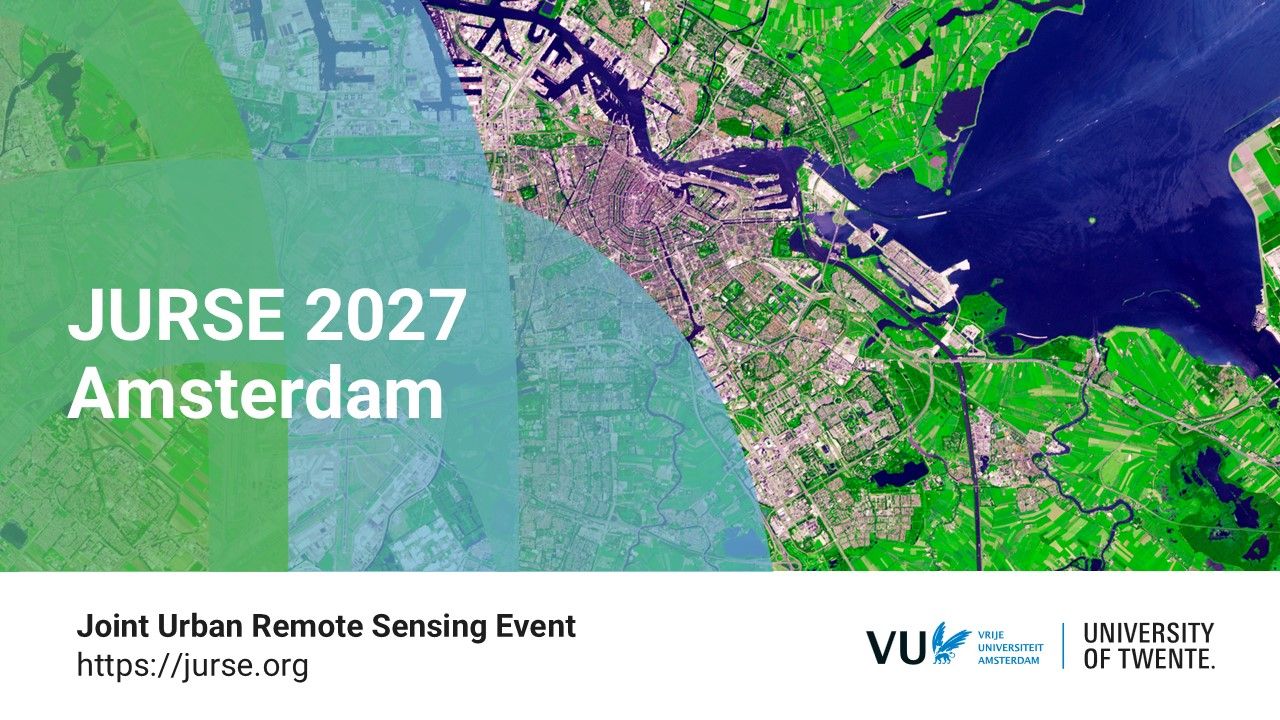
Scope and Topics
JURSE is a forum of excellence where researchers, practitioners and students present, share and discuss their latest findings and results. This event is committed to introduce innovative methodologies and technological resources recently employed to investigate the manifold aspects of the urban environment through orbital and airborne remote sensing data. Emerging topics like new methods for urban land cover and land use classification with detailed discrimination of urban targets, 3D modeling of urban buildings, forecast and impact assessment of natural and man-made hazards in urban areas, urban social studies, urban ecology, urban climatology as well as data fusion, algorithms and techniques for remotely sensed data interpretation, and multisource remote sensing data will be approached.
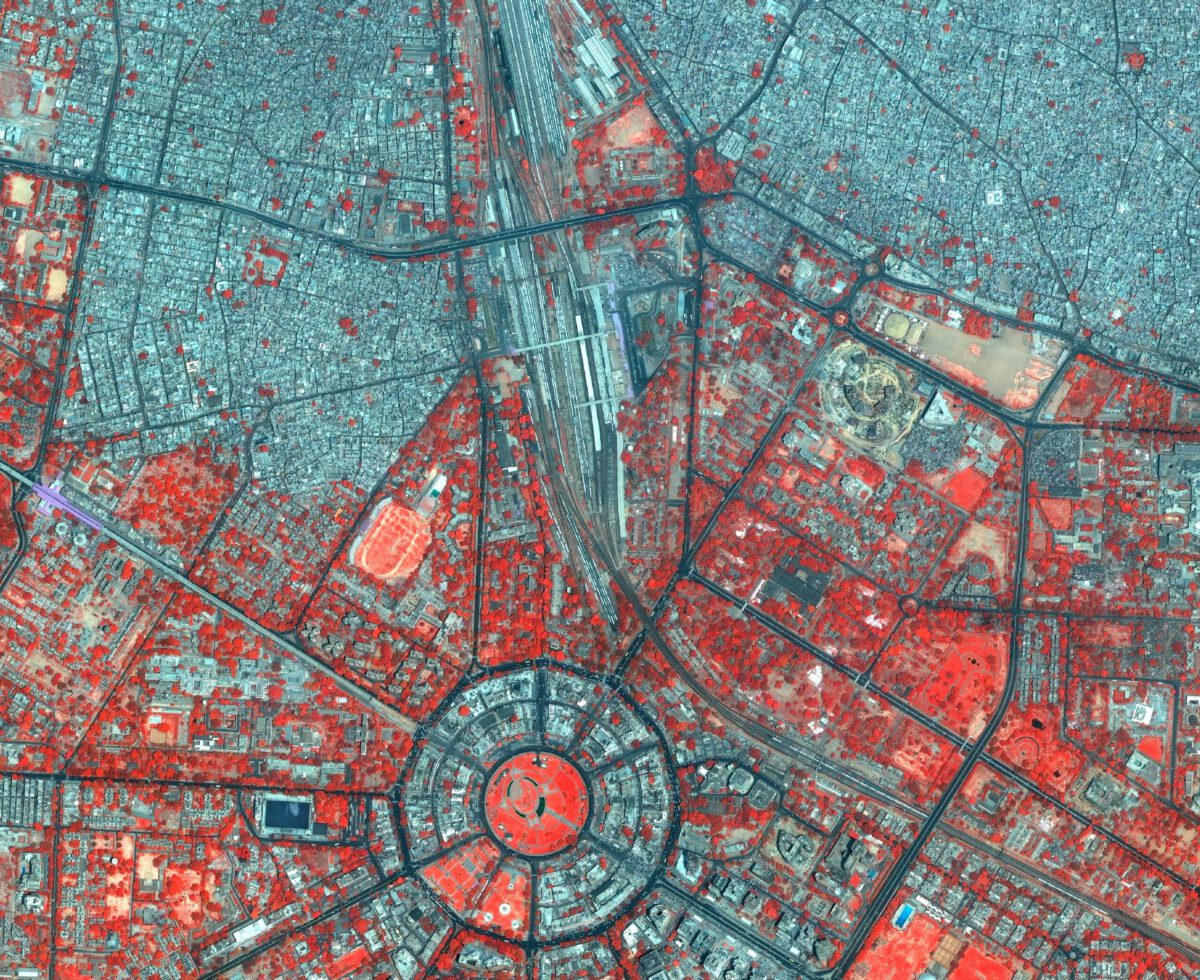
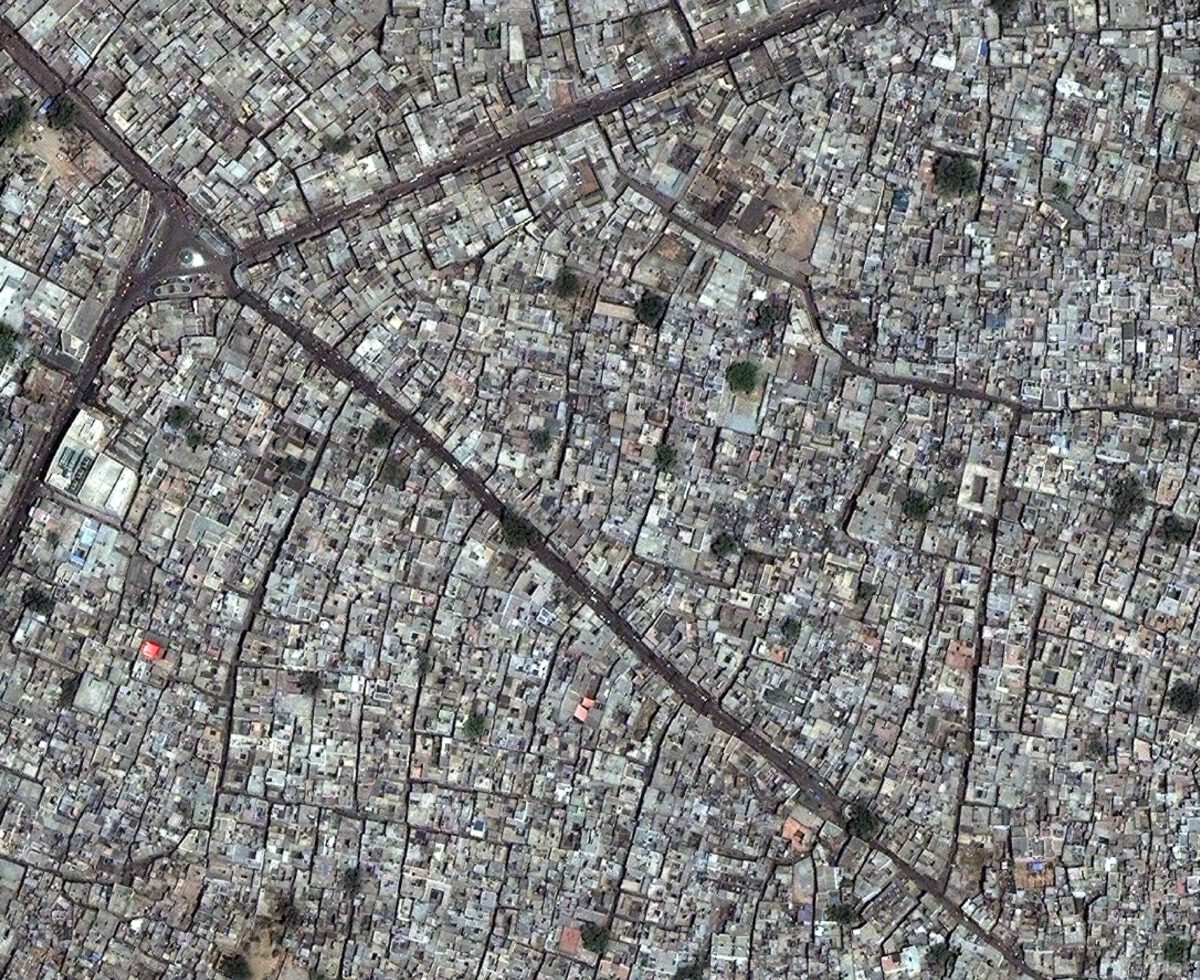
Objectives of JURSE
- gathering people coming from academia, industry, local and national/international agencies together to discuss topics related to remote sensing for urban monitoring;
- fostering the research and the applications of available data sets over urban areas, with a special consideration for high resolution satellite data and data fusion;
- providing new ideas for developing sensors and/or systems able to analyse and monitor urban areas;
- improving the knowledge and the know-how by means of the interaction of researchers coming from different communities (photogrammetry,signal processing, computer vision, geomatics, data science, town and regional planning, geology, hydrology, climatology, ecology, etc) in this truly interdisciplinary field.
Chairs of JURSE
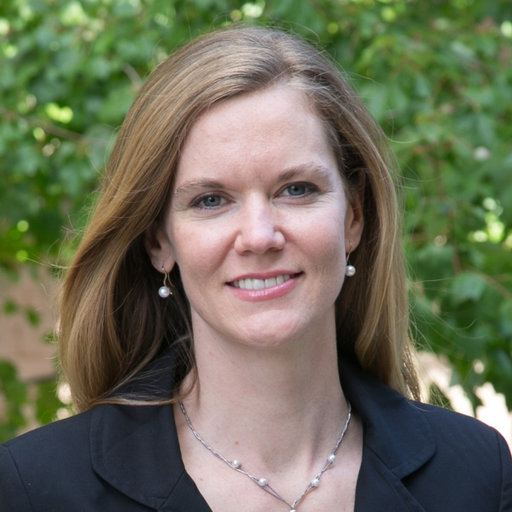
Eleanor Stokes
NASA, Washington D.C.

Hannes Taubenböck
University Wuerzburg, German Aerospace Center (DLR)
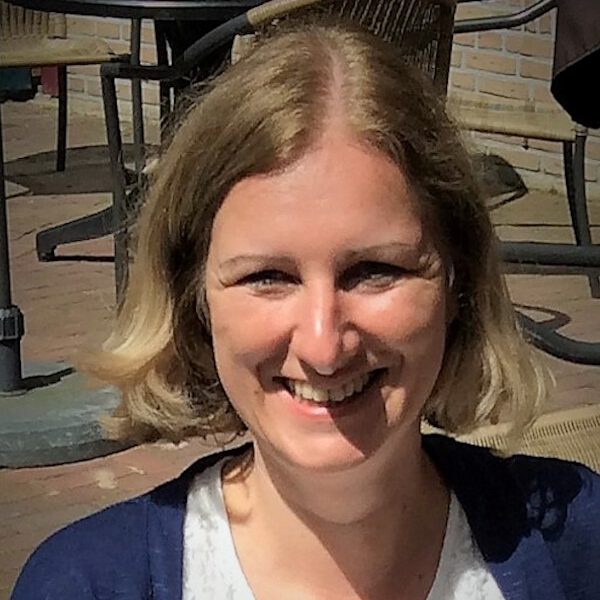
Monika Kuffer
University of Twente / ITC
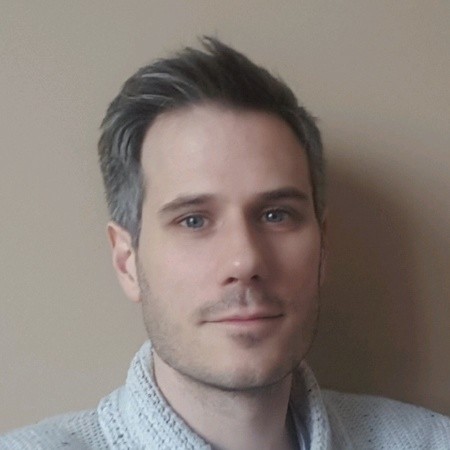
Clément Mallet
Univ. Paris est, IGN-ENSG
History of JURSE
It started in 1997 in Regensburg with a national (DGPF) workshop „Remote sensing in urban areas“ with about 40 mostly German participants. Due to rapidly increasing urbanization on the one hand and increasing number of VHR satellite data, Carsten Jürgens came up with the idea of organizing an international symposuim on this topic. He was convinced that this topic needs a special conference format to discuss with international colleagues. Counting the national workshop as number one event, consequently the 2nd International Symposium on Remote Sensing of Urban and Suburban Areas was held 2001 in Regensburg. Regarding the relevance of the topic, around 130 international participants convened in Regensburg. Due to the great success, his colleague and friend Derya Maktav hosted the 3rd International Symposium on Remote Sensing of Urban and Suburban Areas in Istanbul in 2002 to continue the discussions. An even greater success with a larger number of participants led to the decision to host the 4th International Symposium on Remote Sensing of Urban and Suburban Areas in Regensburg in 2003 again.
In parallel Paolo Gamba organized the GRSS/ISPRS Joint workshop on Remote sensing and data fusion over urban areas (URBAN) held in Rome (2001). A follow-up successful workshop took place in Berlin in 2003.
From 2005 onwards the two urban remote sensing conferences were fused together as two tracks of the newly established Joint Urban Remote Sensing Event (JURSE) for the benefit of the participants. The former International Symposium on Remote Sensing of Urban and Suburban Areas was renamed to be the track „Urban Remote Sensing (URS) and the former Remote sensing and data fusion over urban areas (URBAN). JURSE conferences with the two tracks URS and URBAN were then held on a regular biannual cycle in Tempe, USA (2005), Paris, France (2007), Shanghai, China (2009), Munich, Germany (2011), Sao Paulo, Brazil (2013), Lausanne, Switzerland (2015), Dubai, VAE (2017) and Vannes, France (2019). The idea of this cycle is to have the conference every four years in Europe and in between in the other continents, to encourage participation with small travel budgets for participants from those continents.
What is missing until today is a conference on the continents Africa and Austalia. The community already convened in Asia, North- and South America, Europe.
